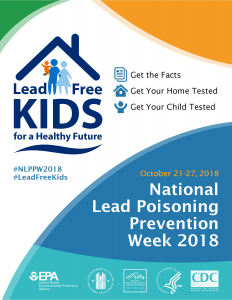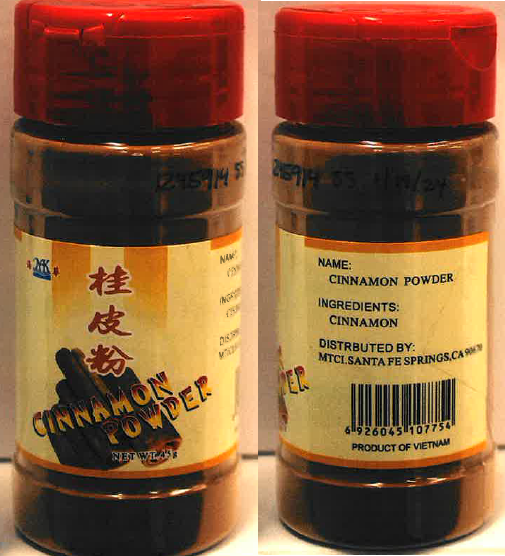Hurricane Helene made landfall on September 26 in Florida, but then moved north, ending far inland. When it reached the Appalachian Mountains, heavy rainfall led to flash flooding and landslides. In southwest Virginia, many people are still without power and cell service, and roads are blocked by fallen trees or washed away by flooding. Virginia received approval for a federal emergency declaration for the counties of Grayson, Smyth, Tazewell, Washington, Wise, and Wythe and the City of Galax. People needing help with cleanup can call the Hurricane Helene Crisis Clean Up hotline at 1-844-965-1386 and contact their local emergency manager for help. The Virginia Department of Emergency Management (VDEM) has a page for Hurricane Helene with information about cleanup and damage assessments.
If your home has been flooded, be cautious when returning. Flooded homes can have a variety of dangers, such as electric shocks, mold, broken glass and other debris, bacteria in flood water and mud, and structural problems. Don’t return to the area until local officials have said it is safe. Do not enter a flooded home until it has been inspected to make sure it is safe. The Environmental Protection Agency (EPA) has guidance for cleaning up a flooded home.
Drinking water systems may not be able to disinfect water properly because of flooding. Before you drink the water, check with your water utility to make sure there is not a boil water advisory. For a boil water advisory, bring water to a rolling boil and let it boil for one minute, then cool before using. Some communities will also have drinking water distribution points. Check with your local officials for where you can go to get bottled water.
Since lead was found in applesauce last year and determined to be from the cinnamon used, the FDA and partner states have been testing ground cinnamon products for lead. Since March 2024, FDA has found multiple ground cinnamon products with unsafe levels of lead. To this point, all of the products have had much lower levels than the cinnamon found in the applesauce that was recalled. However, these products are still hazardous to people’s health, especially children and pregnant women. You can see if you have bought any of these products at the FDA website:
Some products have been voluntarily recalled by the manufacturer and can be returned to the store for a refund. Others have not been recalled yet. People with these cinnamon products should not continue to use them and should throw them away.
Target Shooting and Lead
People who routinely go target shooting are at increased risk for exposure to lead. When a gun is fired, lead dust and vapors are released and can be breathed in or settle on the skin, hair, or clothes. Lead has no biological role in the body, and no level of lead is known to be safe. Lead is especially harmful to children, and can contribute to learning disabilities or ADHD.
Protect Your Child from Lead
It only takes a small amount of lead to raise a child’s blood lead level. Lead dust brought home from a shooting range on shoes or clothing can settle on floors, then be picked up on objects or a child’s hands, and from there taken to a child’s mouth. After going shooting, wash your hands, arms, and face to remove lead from your skin. Change your clothes when you get home and wash them separately. Keep down the amount of lead dust in the home through regular wet cleaning of floors. If you shoot regularly and have a child who is less than 6 years old, talk to your child’s doctor about lead poisoning and whether your child should be tested.
For more information for indoor gun range owners, employees, and customers, please see our handout on Lead and Firing Ranges fact sheet.
Lead is Still Found in Many Homes
 Lead is a toxic metal that is still present in and around many homes in lead-based paint and urban soils. Lead can also be tracked in if parents have jobs or hobbies that expose them to lead. Children who are exposed to lead at a young age are at increased risk for speech delay, learning disabilities, and ADHD. A simple blood test can tell if your child has been exposed to lead. If you have children under six years old, ask your doctor if they might be at risk for lead poisoning. See the EPA’s home page on lead for more information.
Lead is a toxic metal that is still present in and around many homes in lead-based paint and urban soils. Lead can also be tracked in if parents have jobs or hobbies that expose them to lead. Children who are exposed to lead at a young age are at increased risk for speech delay, learning disabilities, and ADHD. A simple blood test can tell if your child has been exposed to lead. If you have children under six years old, ask your doctor if they might be at risk for lead poisoning. See the EPA’s home page on lead for more information.
Protect Your Child from Lead Around Your Home
If you live in a home built before 1978 your home may contain lead paint. Use a damp rag to clean up any paint chips. Frequent wet cleaning will remove dust and dirt that could contain lead. Leave shoes by the door to avoid tracking in lead, and don’t let your child play in bare dirt around the house. If you do renovation projects, hire a contractor with RRP certification or follow guidelines for safe do-it-yourself renovation.
Lead Abatement Assistance is Available in Richmond and Roanoke
The cities of Richmond and Roanoke have obtained federal grants that will help pay to control lead hazards in private homes for qualifying homeowners. Residents of those cities who are interested should contact their local health department.













 Lead is a toxic metal that is still present in and around many homes in lead-based paint and urban soils. Lead can also be tracked in if parents have jobs or hobbies that expose them to lead. Children who are exposed to lead at a young age are at increased risk for speech delay, learning disabilities, and ADHD. A simple blood test can tell if your child has been exposed to lead. If you have children under six years old, ask your doctor if they might be at risk for lead poisoning. See the
Lead is a toxic metal that is still present in and around many homes in lead-based paint and urban soils. Lead can also be tracked in if parents have jobs or hobbies that expose them to lead. Children who are exposed to lead at a young age are at increased risk for speech delay, learning disabilities, and ADHD. A simple blood test can tell if your child has been exposed to lead. If you have children under six years old, ask your doctor if they might be at risk for lead poisoning. See the